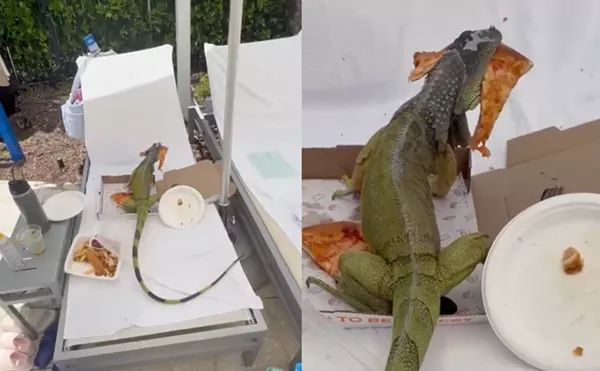Over the past year, the debate over genetically modified organisms (GMOs) or genetically engineered (GE) foods has been raging on in states.
Numerous states, including Connecticut and Maine, have passed measures that will require labeling of GMOs in foods.
Florida currently has a similar initiative, sponsored by House Rep. Michelle Rehwinkle Vasilinda, on the table for the upcoming legislative session.
(Sen. Maria Lorts Sachs has been discussing sponsoring a similar mandatory labeling bill in the Senate.)
Being that there is no labeling of such products at the moment, many wonder how much of the food we consume contains GMOs.
While the answer is a lot, a study conducted by Friends of the Earth concluded that GMO sweet corn is actually pretty rare on grocery store shelves.
See Also: Florida House GMO Labeling Bill Gaining Support by Senators
The sweet corn seed, Monsanto's Seminis® Performance Series™, a product containing insecticide and the ability to tolerate the company's herbicides, began entering U.S. stores in 2012.
To find out how much of the corn on the market was grown from the GMO sweet-corn seeds, Friends of the Earth gathered samples from across the country during the peak of sweet-corn growing season this year. The organization collected specimens of 54 fresh, eight frozen, and nine canned corn from eight areas nationwide: California, Colorado, Illinois, Massachusetts, Oregon, Vermont, Washington, D.C., and Washington state.
Turns out only two of the 71 samples tested positive for GMO traits -- that's 2.8 percent -- both of which were fresh sweet corn. One was purchased at a Stop & Shop (owned by Ahold USA) in Everett, Massachusetts, and City Market (owned by Kroger) in Breckenridge, Colorado.
The group was unable to identify the origin of the GMO sweet corn found in City Market, but according to the label on the bin, the product from Stop & Shop was grown in Canada.
According to a news release from FOE, "Monsanto stated it would initially target the new seeds at 250,000 acres of sweet corn."
If these findings are representative of sweet corn across the country, it would appear that the company is just a bit off target.
This is not to say that GMO foods are not found throughout the majority of the food supply. According to FOE, about 85 percent of field corn crops grown in the U.S. are found in processed foods and animal feed; however, if this study is any indication of things to come, it looks like direct-to-consumer GMO products may not fare so well.
Monsanto might just have to find another use for its chemicals.
Follow Sara Ventiera on Twitter, @saraventiera.
Follow @CleanPlateBPB










